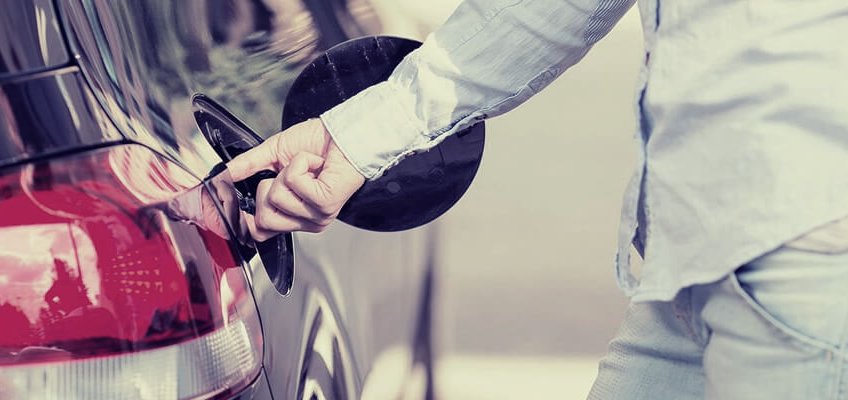
Due to the increase of fuel prices, the reduction in petrol consumption becomes a short-term objective for the average driver. Although fuel consumption varies depending on the type of car and the kilometres travelled, experts calculate that the average annual fuel consumption is about 600 EUROS. This figure is high enough for most drivers to contemplate taking the necessary measures to reduce costs.
Following some basic guidelines on driving and car maintenance can save a good amount of money on annual fuel consumption.
The overall condition of a car has a decisive impact on fuel consumption. For this reason, it is advisable to take the car to a trusted mechanic at least once a year, to check that the most important elements are in working order.
First of all, check that the electronic controls of the vehicle work properly. For example, a poorly tuned-up engine can consume nearly 10 per cent more fuel.
Cleaning oil and air filters, as well as spark plugs, will ensure a good combustion, thus reducing fuel consumption. In the same way, you should not forget to check the water and oil levels.
Tyres are another factor to take into account to ensure safety and reduce fuel consumption. A pressure of just 0.3 bar lower than the one recommended by the tyre manufacturer can increase the annual fuel consumption by 3 per cent. Drivers can pay as much as 100 EUROS more.
Many drivers tend to carry excess weight, unaware of the negative consequences in the fuel consumption. Keep in mind that the heavier the load, the more driving force the engine needs to move the car. Therefore, your car will use more fuel.
An additional 100 kilos of load means an increase in consumption of 5 per cent. It is worth remembering that a roof rack can cost you between 2 and 35 per cent more in fuel consumption. Even when not in use, if the unloaded roof racks are not removed they still cause aerodynamic drag and put an extra load on the engine. Something to bear in mind: travelling with an overloaded boot at 120 km per hour can shoot up fuel consumption by 39 per cent.
Driving your car at the right temperature might not be fuel efficient. Driving with the windows open can increase gas consumption by about 10 per cent.
If you are running the heating or A/C system, you must take into account that you have to let the system run for a few minutes. Therefore, that useless energy consumption will negatively affect the final fuel expense.
‘Intelligent driving’ involves optimising your actions behind the wheel, in order to improve fuel economy and passenger safety.
Simply by choosing the right gear for the speed and road conditions can translate into fuel savings of 15 per cent. The basic recommendation is to use the first gear to move off and gear up as soon as possible to second gear.
Likewise, it is crucial to accelerate evenly and brake gently and in good time for a smooth ride. Stopping the car without changing down in gears and turning off your engine if you are waiting for longer than 1 minute will improve your fuel efficiency.
Finally, experts recommend anticipating other drivers’ movements and leaving a gap between your vehicle and the rest. In this way, you can anticipate when you will need to brake and you will have plenty of time to react to any situations that may occur.
Being careful in the way you fill up your tank also saves fuel. It is recommended to top off your petrol tank, provided that you have already used up three quarters. This way you also save on unnecessary trips to the petrol station.
One of the main challenges for most drivers is to cut down on fuel consumption to make their trips as economical as possible. To achieve this, we need to be led by rationality in the way we drive and take care of our vehicles.